Common Car Rental Fees Explained
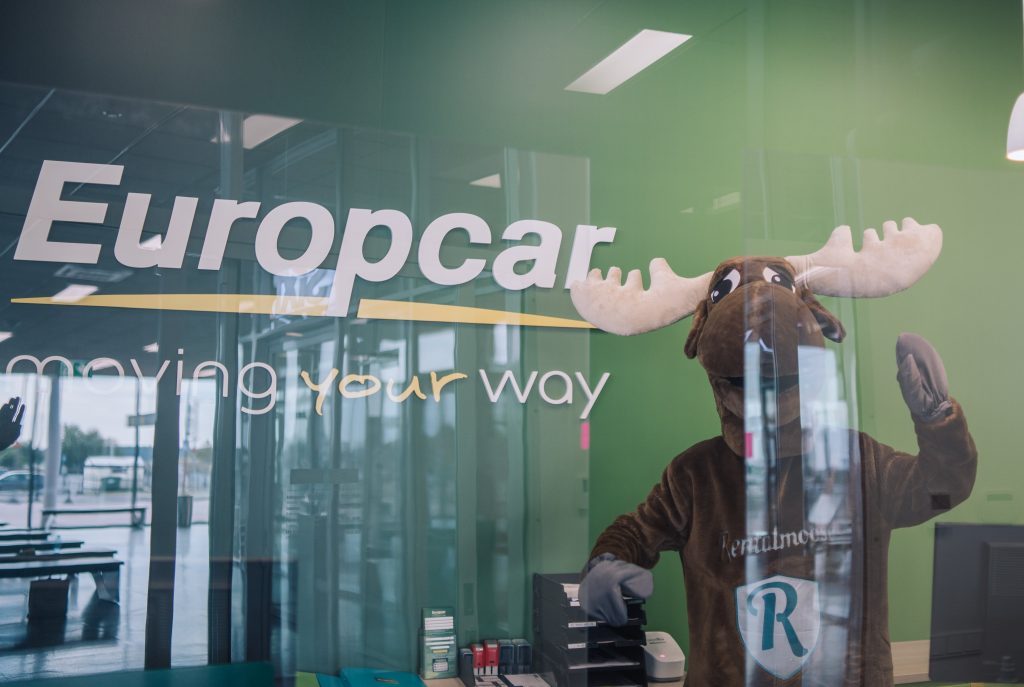
What are some of the extra car rental fees I should look out for? How can I avoid unexpected car rental surcharges? Thousands of renters ask these crucial questions every day.
Renting a car during your holiday is a great experience. Forget about the stress of missing the next bus, there is no need to worry about finding enough space for your luggage. Not to mention the freedom to alter your travel plans on the go, the convenience of a rental car is irreplaceable.
Before booking your rental car, it’s best to have a look through the car rental company’s terms and conditions. Otherwise, you might face additional fees that could drain your holiday budget. You could end up overpaying a lot!
For your maximum convenience, we’ve prepared a list of some of the unexpected extra fees that you might face when renting a car. If you’re aware of them, you will be able to avoid them and keep the cost of the car rental to an absolute minimum.
Continue reading to learn all about extra car rental fees and how to avoid them.
The Ultimate Breakdown of Car Rental Fees
Fees You May Face Before The Rental Begins
Common Fees When Dropping Your Rental Car Off
3 Surprising Fees You May Be Charged With After The Rental Period Is Over
Let’s jump into the most common car rental fees, check them out below.
Extra Fees For Additional Equipment
If you’re traveling with kids, you’ll need to rent a children’s seat. Going skiing up in the mountains? A roof rack might be necessary.
Additional extras such as infant seats, external GPS, roof racks, or snow chains, will all increase the daily price of your rental car. The fees vary depending on the rental company, as well as the location.
For example, Europcar equips all rental cars in Poland with a special winter package (winter tires, winter washing fluid, and an ice scraper) during the winter season. Therefore, every Europcar rental car booked in Poland during the winter has an added fee of 4 EUR per day, without exceeding 60 EUR per rental.
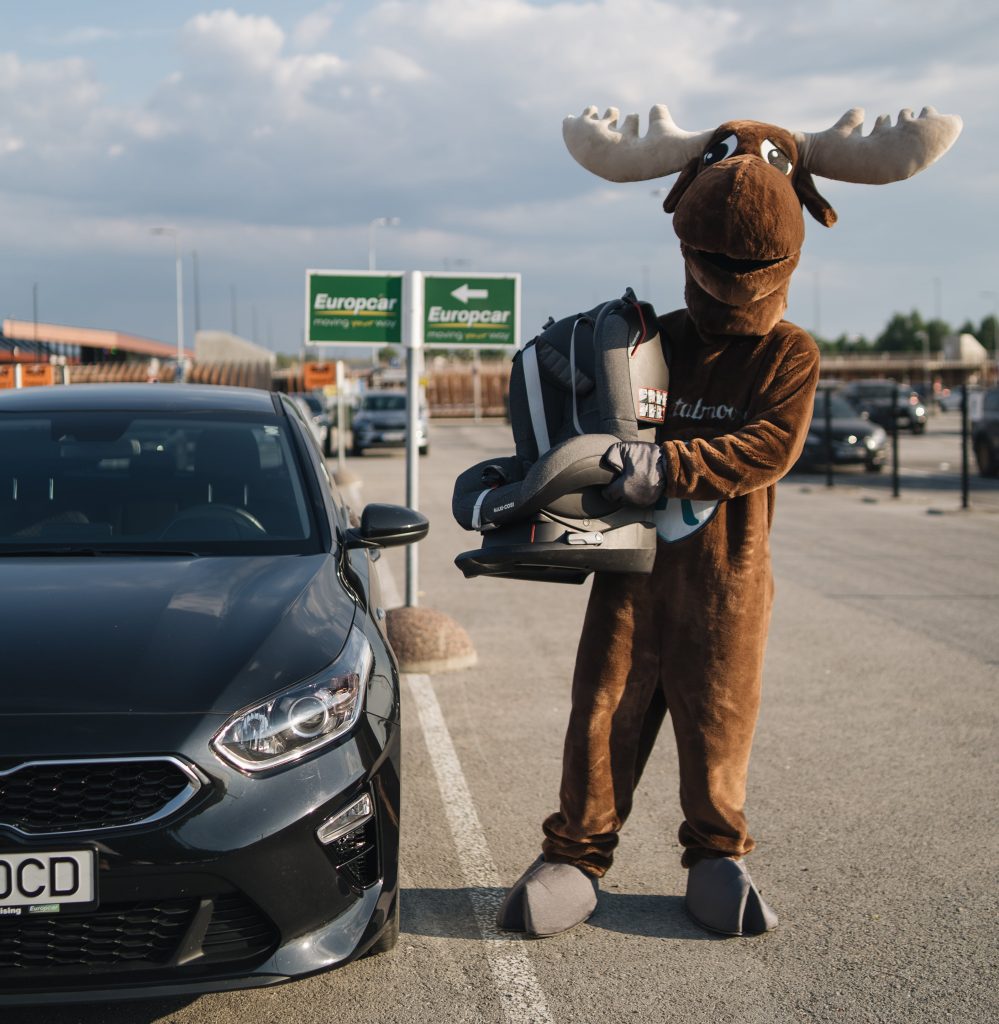
Young (and Senior) Driver Fee
Bad news for young drivers and seniors. The vast majority of car rental companies will add a young driver fee if the driver is under 25 years old. What’s more, young drivers may not have access to the entire fleet. Seniors face similar surcharges, too.
On top of all this, most rental companies require the driver to be at least 21 years old to be able to rent a car at all. If you’ve had your driving license for less than a year, that can be a problem too.
That sweet convertible might have to wait until you’re at least 25 years old.
Fees vary depending on the car rental company. For example, Alamo charges an extra $19 (16 EUR) per day if the driver is between 21 and 24 years old. This applies to all their rental cars in Michigan, United States.
Rentalmoose strongly recommends reading the rental company’s terms and conditions before booking your rental car.
Additional Driver Fee
Are you planning a long road trip with your friends who all want to drive? Perhaps you’re going on a romantic honeymoon and your partner wants to get behind the wheel, too?
Adding an additional driver can be a lifesaver in a number of different scenarios. Keep in mind, however, that adding an extra driver will result in a surcharge of at least 10 EUR per day.
Although there is an extra fee for additional drivers, there are a number of exceptions. If you’re going to California, the state law prevents the car rental company from adding a surcharge for additional drivers.
Remember that any extra driver should be listed in the rental contract, even if there is no extra charge.
Some car rental companies, like Enterprise or Avis, waive the fee if the additional driver is a spouse, domestic partner, or even a business partner.
Policies vary depending on each company and rental location. Check the rental terms and conditions to see the exact rates for your rental.

Airport Pick-Up or Drop-off, Premium Location Surcharge
Sure, picking up your rental car directly at the airport terminal is as convenient as it gets. Sadly, in the world of car rentals you will often find yourself paying more for that extra touch of convenience.
Most rental companies will add a special fee for picking up the rental car at premium locations, such as airports, large train stations, or other transportation hubs. This is usually referred to as the premium location surcharge, airport pick-up fee, etc.
If you want to save a few bucks on your next rental car, you may want to skip the airport and pick your rental car up from the city instead.
Different Drop-Off Location Fee
One-way car rentals are great. You can see the best parts of your destination without the hassle of driving all the way back to your starting point to return the rental car.
Often times, a one-way trip will raise the price of your rental. Car rental companies will add a drop-off surcharge when dropping the car off at another location. The fee varies depending on the car rental company and the distance between pick-up and drop-off points.
For example, if you’re planning to pick your car up at London Gatwick Airport and drop it off at London Heathrow, expect the drop-off fee to be up to 50 pounds (55 EUR).
The fee can be paid when picking up your rental car.
Cross-Border Fee- Taking Your Rental Car Across Country Borders
Did you know that you can rent a car for cross-border road trips? If you’re planning a journey across European nations, from the US to Canada, or between any other countries, make sure to notify the car rental company first!
Otherwise, you breach your rental agreement by driving in another country. As a result, you won’t be covered by insurance and will have to pay for any damage or theft yourself.
Cross-border fees depend on the rental company and destination, check the rental terms and conditions to be sure. If you’re planning to drive from Spain to Portugal, for example, expect to pay up to 90 EUR extra for your rental.
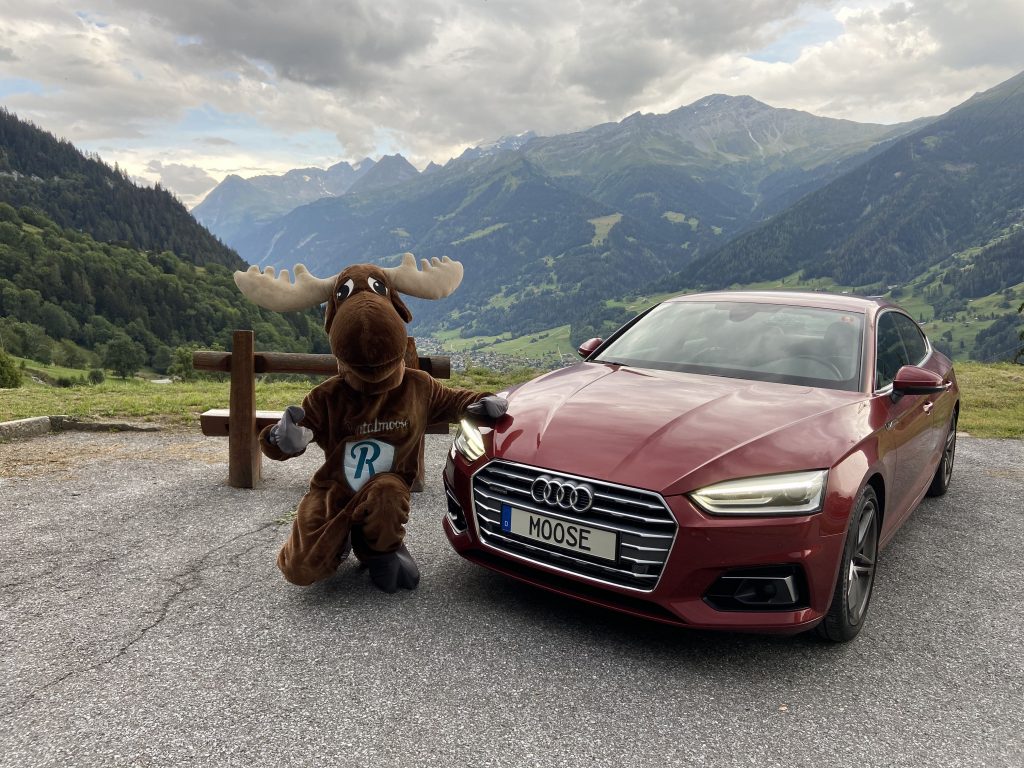
Highway Toll Fees
If you’re unaware of major toll roads in your holiday destination, your affordable rental car might soon turn into a financial nightmare, especially if the tolls can’t be paid directly in cash.
Some toll roads across the world require a contactless transponder. In this case, the rental company will likely charge you an extra fee for the transponder on top of any toll fees during your rental period.
If you drive through a contactless toll booth without a transponder, the bill will be mailed to the rental company and then forwarded to you, along with an extra administrative fee.
Fees for transponders vary depending on the company and destination. It’s best to double-check with the car rental company before finalizing your booking.
Don’t forget that some countries, such as Switzerland, require all cars to have a highway vignette to use the highway. Although vignettes are usually supplied by the rental company, Rentalmoose recommends double-checking when picking up the car.
Getting caught without one will result in a hefty ticket.
No-Show Fee- If You Don’t Pick Your Rental Car Up At All
If you know you’re not going to pick up your rental car, be sure to cancel the booking as early as possible. Rentalmoose bookings canceled at least 48 hours before the scheduled pick-up will be refunded. If you’re canceling less than 48 hours before pick-up, there won’t be any refund.
Contrary to popular belief, rental cars don’t wait for renters. If you’re running late for pick-up, make sure to notify the rental company.
Each company has a certain “grace period” before presuming you won’t show up at all, usually between 30 and 120 minutes.
If the grace period is over, your rental car could be given to another renter and you will not be refunded for the rental. Once again, make sure to read the rental company’s terms and conditions before finalizing your booking.
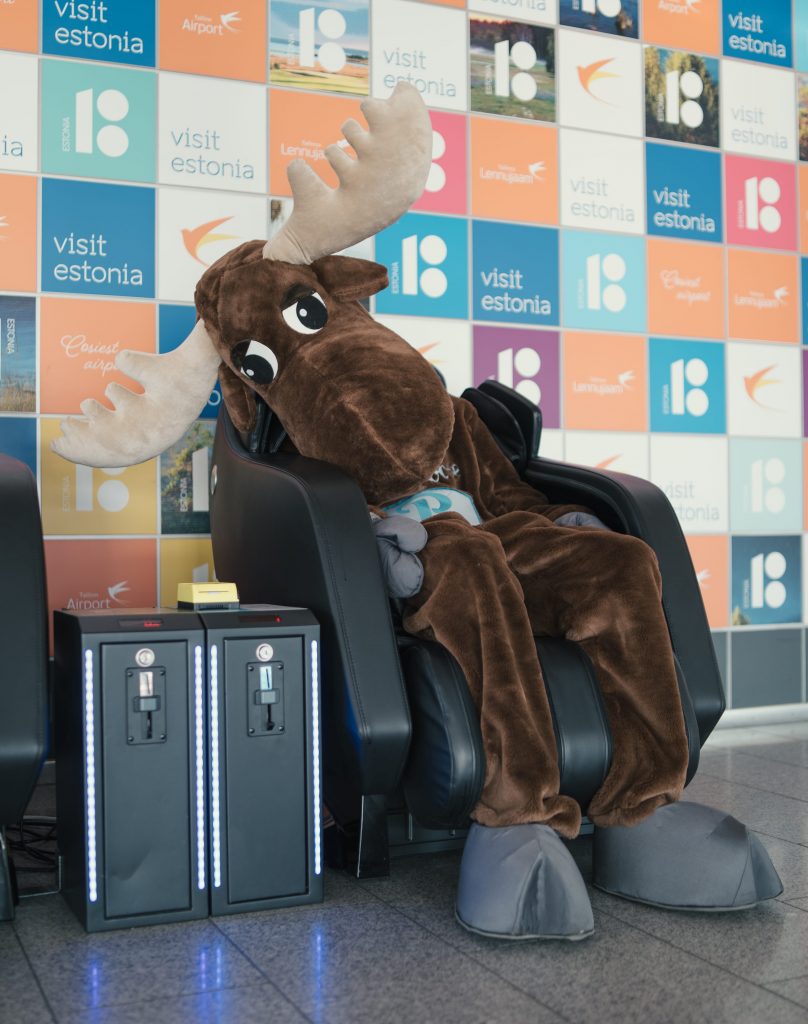
Sneaky Car Rental Fees During Drop-Off
Late Drop-Off- What Happens When You Don’t Return Your Rental Car On Time
Similarly to running late for pick-up, it’s in your best interest to return your rental car on time. There is a grace period for late drop-offs, just like late pick-ups, and it typically lasts up to 30 minutes. What happens next varies depending on the car rental company.
Once you pass the grace period, most companies will charge you on an hourly basis for the next hours.
If you don’t return the car until later in the day, you will be charged a full day rate, plus any applicable late fees (check your rental contract).
Planning to extend your rental period? Notify your car rental company. If you decide to return the car after the drop-off without prior notice, you will end up paying a lot more.
The grace period, as well as any late drop-off surcharges, are mentioned in the car rental company’s terms and conditions, and the rental agreement.
Make sure to have a look at the T&C’s before booking your car.
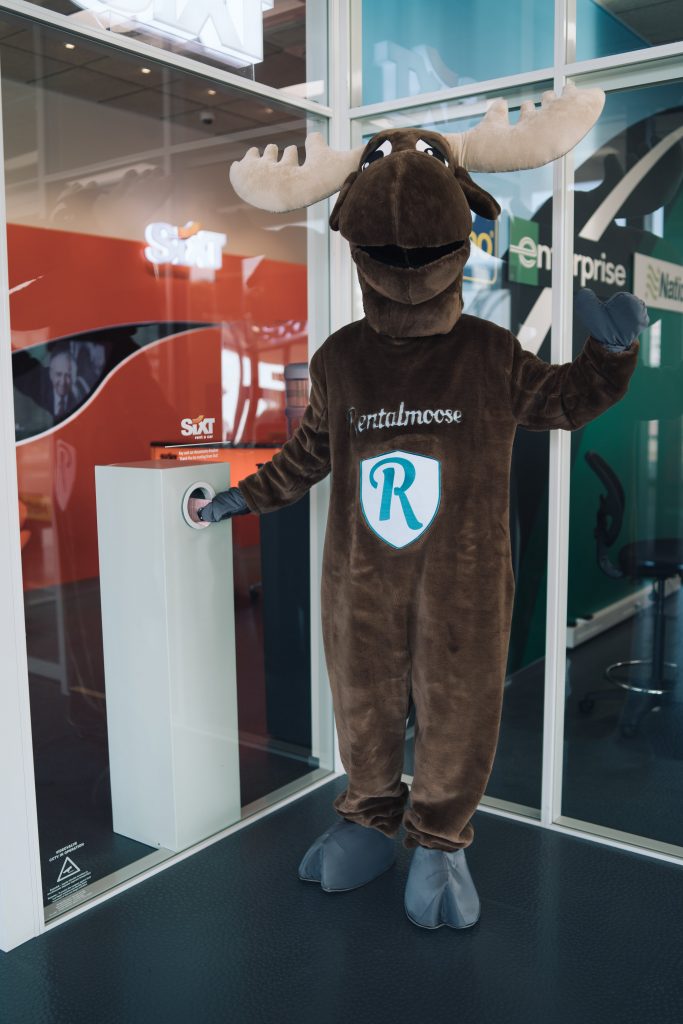
Losing or Damaging The Car Keys or Documents
Losing the keys to a rental car can be a dreadful experience. Some car rental companies offer a roadside assistance package that waives a lost key fee. If you’re forgetful, consider adding the package to your rental.
If your roadside assistance package doesn’t cover lost keys, or you haven’t added the package at all, a lost key will turn out very pricey. Renters can expect to cover the cost of a tow truck that will take the locked car back to the rental location, as well as a hefty fee for the key itself.
If you do happen to lose a key to your rental car, be sure to get in touch with the car rental company.

Surpassing The Mileage Limit
Rental cars with a limited number of kilometers are common in Europe and parts of Asia. In North America, however, nearly every single rental deal comes with unlimited miles included in the price.
If you’re planning to stick to one city, a rental car with limited mileage might be the perfect option for you. The daily cost will be cheaper, and you will be able to drive anywhere between 50km (30 miles) to 400km (250 miles) per day.
Planning a road trip? A rental car with unlimited mileage is the way to go. You won’t have to worry about driving too much, though it can cost extra to book.
If you’ve booked a rental car with a mileage limit and ended up surpassing it by drop-off, you will be charged an extra fee. Rental companies will calculate the fee based on each kilometer over the limit.
Fees vary depending on the car rental company, check the terms and conditions to find the precise fee for your rental.
Fuel Surcharge
The fuel policy for car rentals is typically full-to-full. This means that you receive your rental car with a full tank of fuel, and are expected to return it with a full tank as well.
If you know you won’t have the time to refill before dropping the car off, you can add a full tank of fuel when booking the car. That way, you’ll pay for the refueling in advance.
What happens if you drop the rental car off with less fuel? Given that you haven’t paid for refueling in advance, you will be charged an additional fee by the rental company. You will be charged per liter, as well as a service fee.
The best way to avoid this fee is to fill up the tank completely right before dropping the car off. That way, you don’t risk having to pay an extra fee for refueling after you leave.
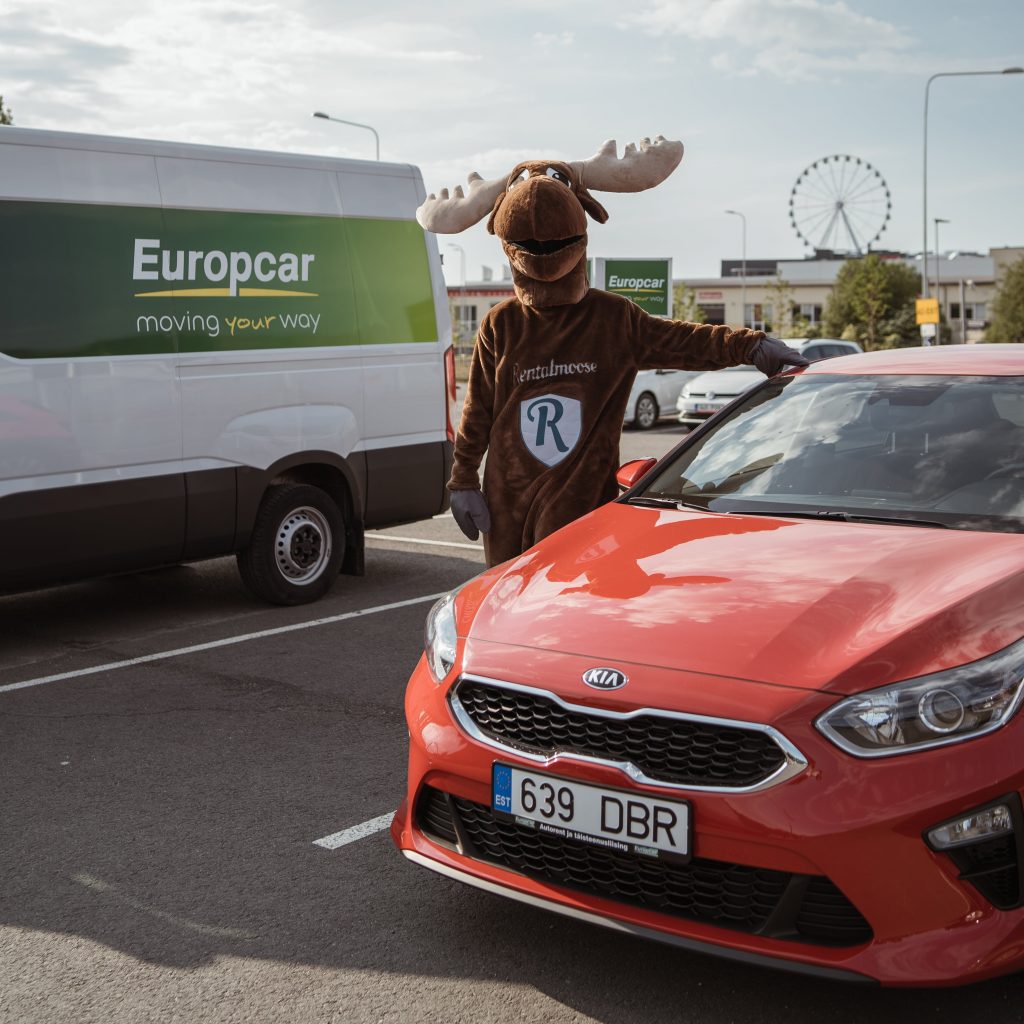
Cleaning Fee- Don’t Return A Dirty Rental Car
Car rental companies don’t expect their rental cars to come sparkly clean. However, Rentalmoose highly recommends cleaning your rental car before drop-off if necessary. If the rental car returns dirty, the renter is subject to a cleaning fee.
The fee varies depending on the company and the amount of dirt. A rental car cleaning fee typically starts at around 20 EUR and can build up to over 400 EUR.
How do you know if your rental car is clean enough? In most cases, a quick visit to a carwash before drop-off will be sufficient and a lot cheaper than covering the cleaning fee. If you’ve been to a sandy beach, don’t forget to vacuum the interior, too!
Smoking Fee
Even as a smoker, it’s highly recommended to avoid smoking in rental cars at all.
Most car rental companies have a zero-tolerance policy for smoking in the rental car and will charge you a costly fee if any traces of smoking are found within the car.
Don’t forget that in some countries smoking while driving is forbidden by law. In other countries, drivers who smoke with minors in the vehicle can receive a penalty, too.
In the best case, you will be charged around 50 EUR for a cleaning fee if the car smells like smoke. However, if there is any interior damage you can end up paying hundreds, if not thousands of euros.
To avoid any misunderstandings, it’s best to refrain from smoking in the rental car.
Damaged Rental Car
Car rental companies expect the rental car to come in a less-than-ideal condition. Hertz mentions that their rental cars are “subject to fine wear and tear”, such as minor scratches and chips, dents, and wear on tires and wiper blades. What happens if there is more damage?
Unlucky accidents can happen to anyone, especially when driving in a foreign country. Rental cars worldwide are equipped with three basic insurance coverage plans: a Collision Damage Waiver, Theft Protection, and Third Party Liability.
Don’t forget that the Collision Damage Waiver doesn’t cover the entire car! It only covers the body of the car. Damage to any other parts has to be paid by the renter, unless you select additional insurance.
In case of an accident, the renter might have to put some money towards the repair cost. The maximum amount you can pay is referred to as the excess. The excess is usually taken from your security deposit.
What’s more, you can purchase additional insurance coverage that will reduce your excess. That way, you will have to pay less in the event of an accident. Some companies even offer “zero excess” packages.
If you do happen to get in an accident with your rental car, be sure to contact the authorities and ensure that everyone is safe. Remember to document precisely what had happened.
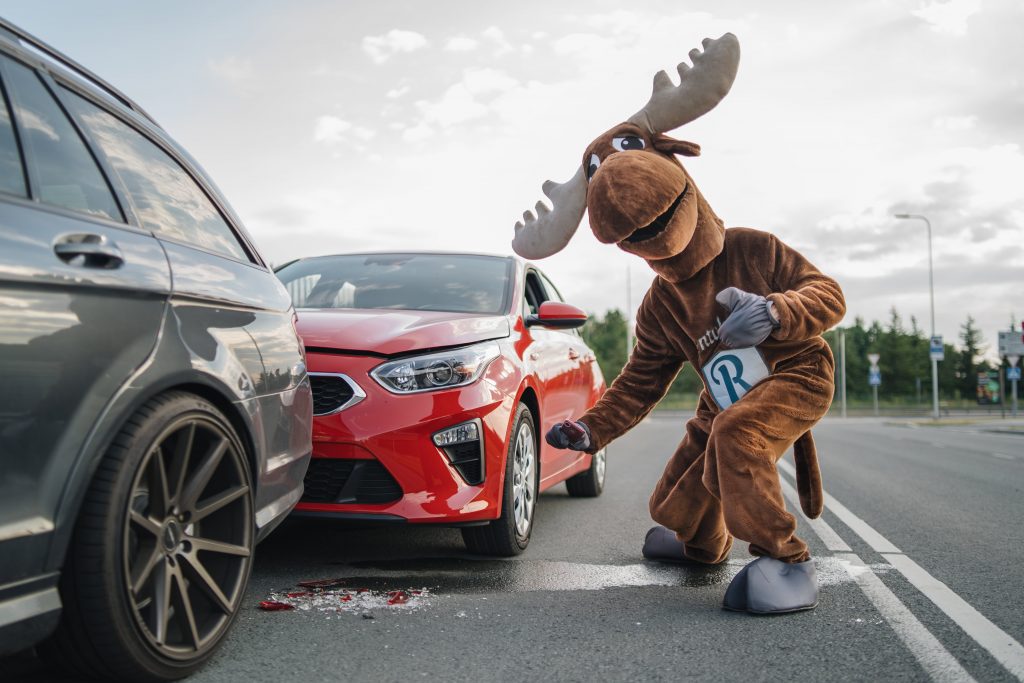
Returning The Car At A Different Location
If you’ve had a spontaneous change of plans and would like to return the car at a different location than the one in your rental agreement, be sure to contact the car rental company immediately.
If you decide to drop the car off at a different location without prior authorization from the rental company, you are subject to enormous fees.
Always do your best to return the car at the location which is specified in your rental agreement. If that’s not possible, contact the rental company.
Surprising Car Rental Fees After Returning Home
Traffic Fines
You can be charged by the car rental company even once you’re back home from your holiday. Any traffic fines created during the rental period that are mailed to the rental company, including evidence from speed cameras or unpaid tolls, will then be forwarded to you.
What’s more, you will have to pay an extra administrative fee for any collected fine, on top of the tickets themselves. If you drive safely without breaking traffic laws, you won’t face such fees.
Parking Fines
Similar to traffic offenses, any unsettled parking fines mailed to the car rental company will be forwarded to you. The car rental company will also add an administrative fee on top of the fine itself.
How can you avoid these fees? Your best bet is to park your rental car legally in designated parking spaces.
These are the most common extra fees you can expect when renting a car. Once again, make sure to read through the rental agreement, as well as the rental company’s T&Cs before finalizing the booking.
Being aware of these fees will make it a lot easier to avoid them.
Enjoy your trip!







